|
|
|
Editor's note
|
|
Daniel arap Moi, who was Kenya's president from 1978 to 2002, has died. He was 95 years old. Moi is widely held responsible for a regime that bore witness to and benefited from violence, corruption and discrimination. Gabrielle Lynch looks at Moi's path to power - he was not particularly well connected as a young man – and what insights this can provide into the leader he became.
Experts warn that the locust invasion devastating swathes of the Horn of Africa may soon spread to other countries on the continent. The locusts feed on crops and could leave millions of people without food: in the past few weeks, for instance, some parts of Kenya have received swarms that cover more than 100km². Cyril Piou explains that these invasions are cyclical and describes the best way to deal with them.
|
Moina Spooner
Commissioning Editor: East and Francophone Africa
|

|
|
Top Stories
|
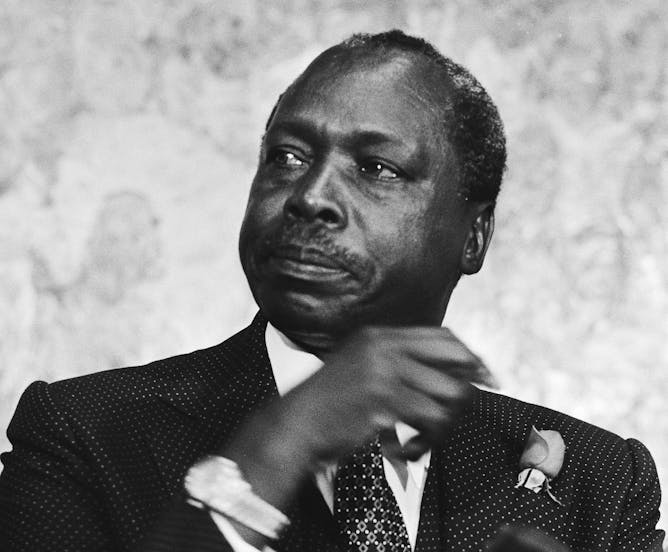
Daniel Arap Moi
Wikimedia
Gabrielle Lynch, University of Warwick
Moi’s financial generosity, skills in the vernacular, frequent tours of the countryside, and excellent memory for names and faces kept him popular with many.
|
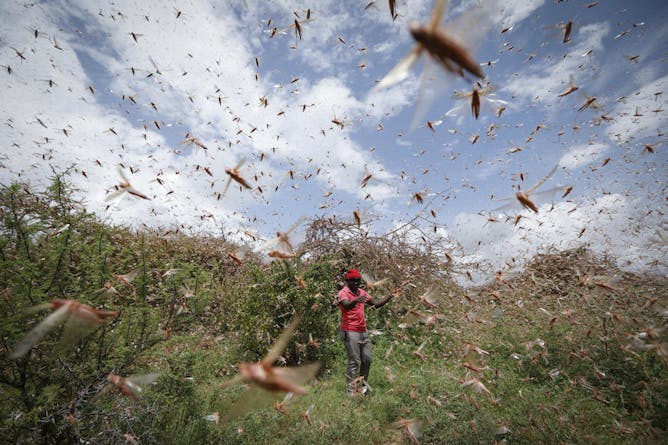
A man chases away a swarm of desert locusts in the bush near Enziu, Kitui County, some 200km east of the capital Nairobi, Kenya.
DAI KUROKAWA/EPA
Cyril Piou, Cirad
The best way of dealing with desert locust, as other locust species, is to adopt a preventive management strategy.
|
Arts, Culture + Society
|
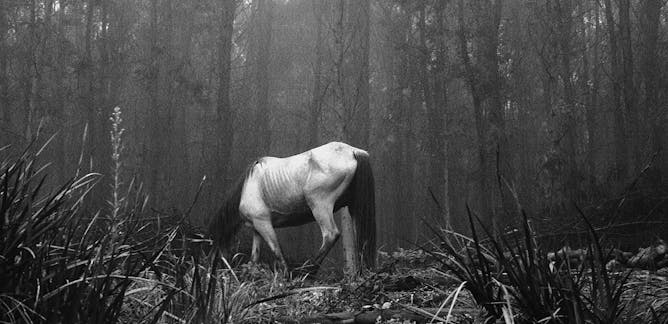
Patricia Hayes, University of the Western Cape
No South African photographer leaves a more substantial legacy than Santu Mofokeng. He was adept at mapping interior worlds through haunting images of black life and, above all, his landscapes.
| |

Utathya Chattopadhyaya, University of California, Santa Barbara
There are two histories of dagga in South Africa - the one of criminalising it and the other of the state trying to make money off it.
|
|
|
From our international editions
|
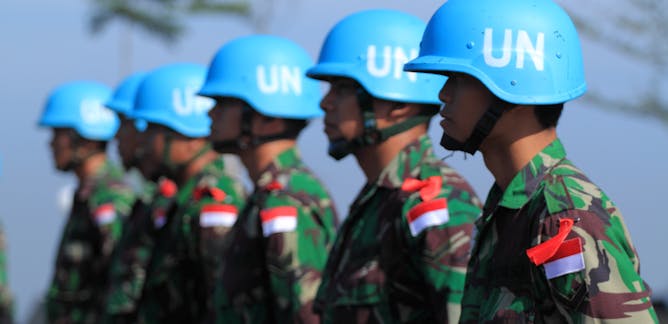
Magnus Linden, Lund University; David Whetham, King's College London
The military should take more care when hiring new staff if we are to prevent atrocities in wars.
| |
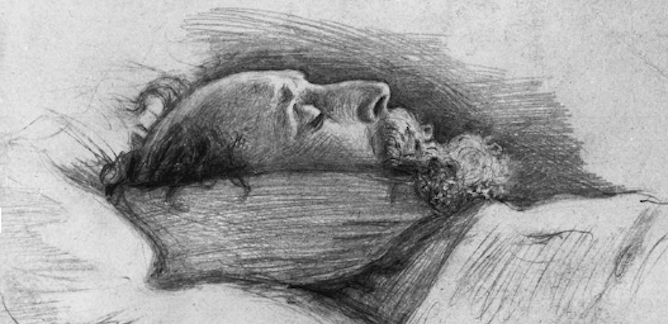
Leon Litvack, Queen's University Belfast
How two ambitious men put their own interests ahead of the great writer and his family in an act of institutionally-sanctioned bodysnatching.
|
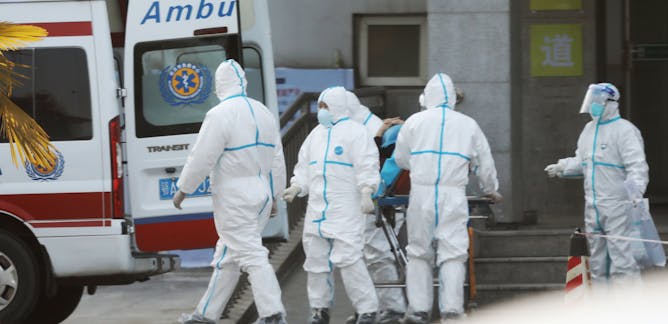
Allen Cheng, Monash University
The Wuhan coronavirus can cause lung damage, pneumonia and multi-organ failure, or sepsis, among other things.
| |
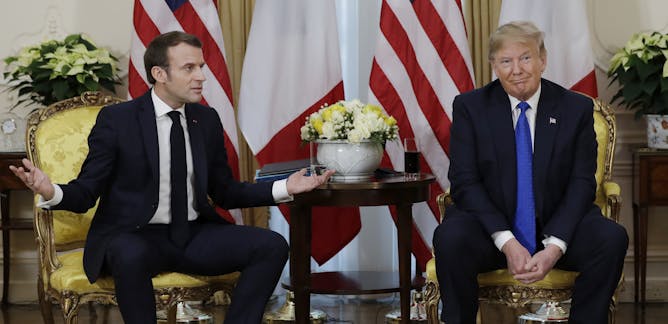
Ruth Mason, University of Virginia
France agreed to postpone implementing its law to tax US technology giants as negotiators from nearly 140 countries seek agreement on reforms to the international tax system.
|
|
|
En Français
|
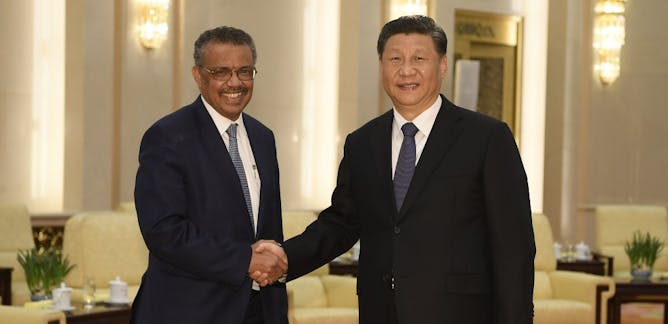
Antoine Bondaz, Sciences Po – USPC
Pour les autorités chinoises, au-delà de la crise sanitaire, l'épidémie de coronavirus représente également un défi majeur en termes d'image, à l'intérieur comme à l'extérieur.
| |
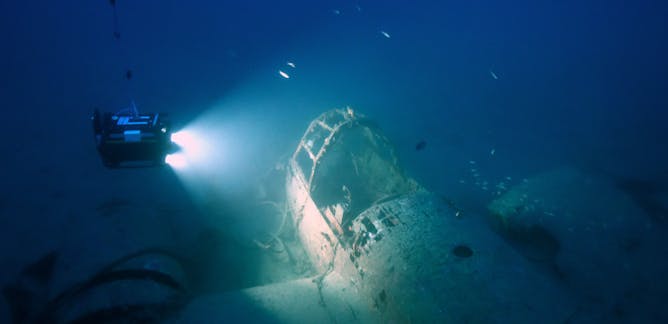
Vincent Creuze, Université de Montpellier
Pour localiser et expertiser leur patrimoine culturel immergé, les scientifiques ont recours à des technologies de plus en plus sophistiquées, combinant précision maximale et préservation des épaves.
|
|
|
| |
| |
| |
| |
Would you like to republish any of these articles?
|
|
It’s free to republish, here are the guidelines.
Contact us on africa-republish@theconversation.com in case you need assistance.
|
| |
| |
| |
| |
|
|
|
|
|
|
|